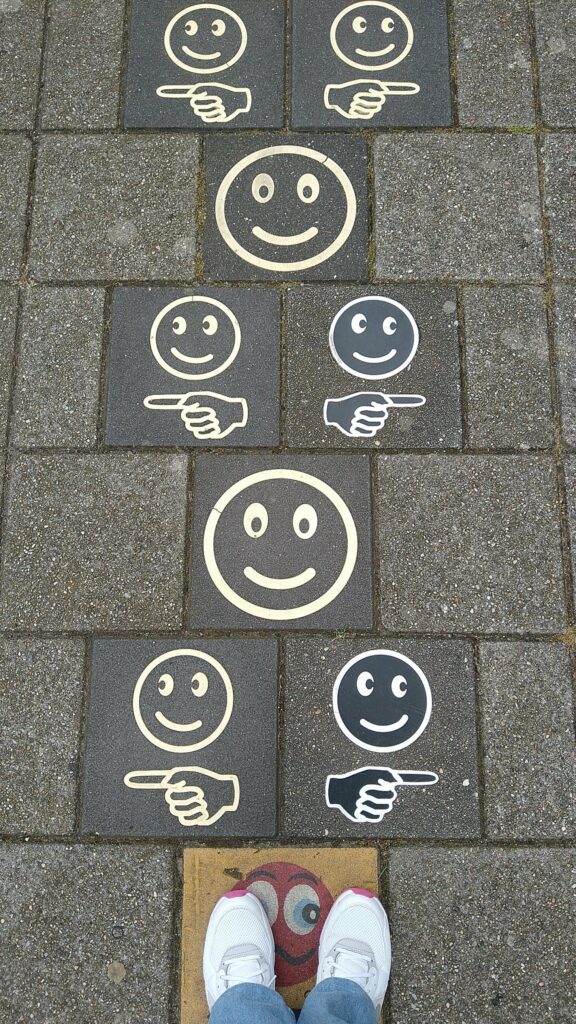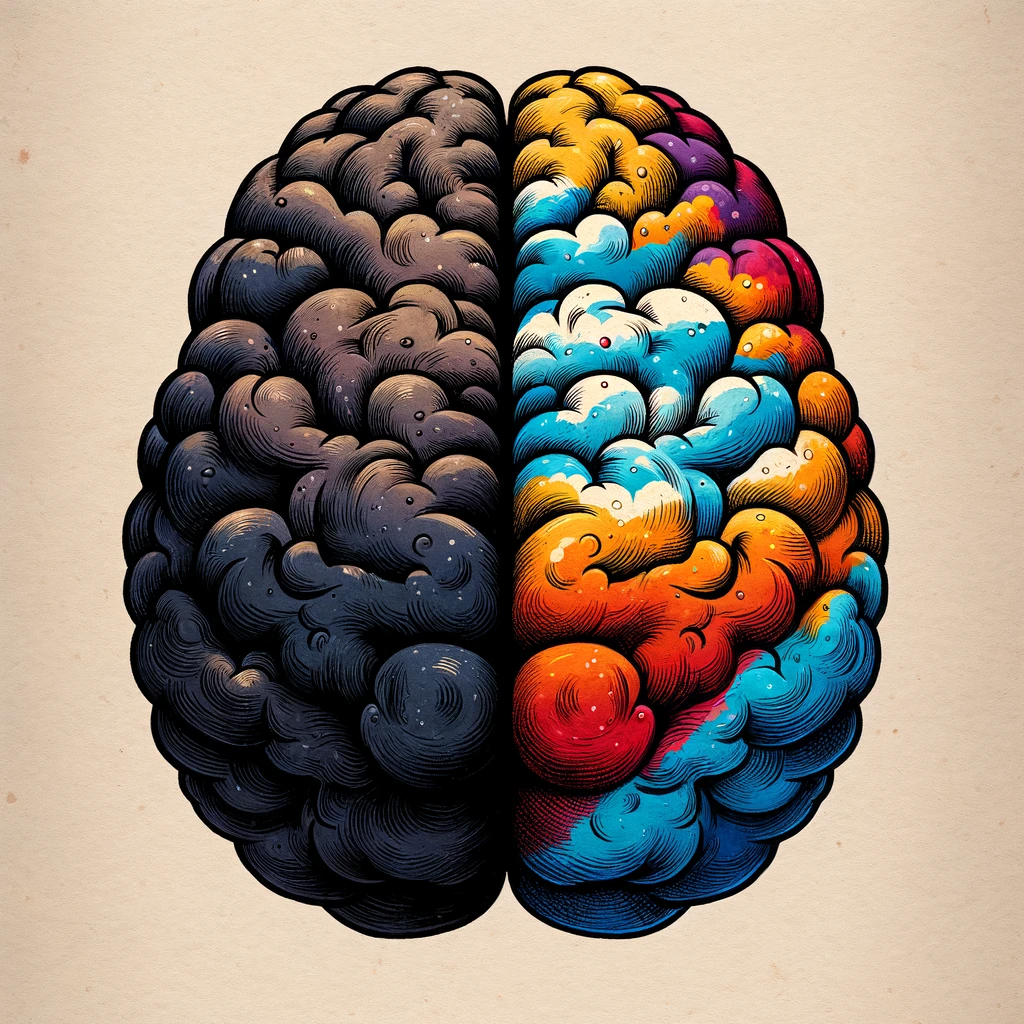We often hear that forgiving is the key to moving on and healing. But what if I told you that it’s perfectly okay not to forgive? That’s right, you don’t have to forgive everyone who wrongs you to live a full and happy life. In fact, insisting on forgiveness might not be the best route for everyone.
What Exactly is Forgiveness?
Forgiveness is often seen as this big, magnanimous gesture where you wipe the slate clean, no hard feelings. But really, it’s about letting go of your own grudge for your own peace, not necessarily absolving someone else’s wrongdoing. It’s personal, deeply individual, and not a one-size-fits-all scenario.
Common misconceptions about forgiveness
Many of us grow up with the idea that forgiveness is a must if we want to be seen as good, emotionally mature individuals. There’s this myth that without forgiving, you can’t move forward. But let’s be honest, that’s not always the case. Sometimes, the push to forgive can make us feel pressured and even more distressed.
The pressure to forgive
It’s everywhere — from movies to your aunt’s advice at Thanksgiving dinner. This societal pressure can make us feel like we’re doing something wrong by simply listening to our own emotions. Remember, it’s your right to take things at your own pace, and you don’t need to hand out forgiveness like free samples at a grocery store.
The Emotional Burden of Forgiveness
Have you ever said “I forgive you” just because it seemed like the right thing to do, but deep down, you were still boiling? That’s what we’re talking about here. Forced forgiveness can be like putting a band-aid on a broken arm — it doesn’t really fix anything and might actually delay true healing.
Genuine vs. forced forgiveness
When forgiveness comes naturally, it can be liberating. But when it’s forced? It can feel fake and unsettling. It’s crucial to distinguish between genuinely overcoming your feelings and pretending to do so because society expects it. True emotional wellbeing often requires authenticity in our feelings and actions.
The right to feel your feelings
You’re allowed to feel hurt, angry, or betrayed. You’re also allowed to take your time processing these feelings. Being honest about them without rushing to forgive can sometimes be the healthiest option. After all, acknowledging your true feelings is the first step in understanding how to genuinely heal from them.

Alternatives to Forgiveness
Acceptance doesn’t mean you approve of what happened or the person who wronged you; it simply means acknowledging the reality without forcing yourself to feel differently about it. This can be a more realistic and gentle approach for many who find the concept of forgiveness too challenging or premature. By accepting the situation as it is, you create space to understand your feelings better and decide what you need to move forward.
Setting boundaries
Instead of forgiving someone and letting them back into your life, setting boundaries is a practical approach that protects your emotional wellbeing. You can decide what behaviors you will not tolerate and who you want to keep at a distance. This act itself is empowering—it’s about taking control and ensuring your emotional environment is healthy and respects your needs.
Seeking closure on your own terms
Closure is a personal journey and doesn’t necessarily involve the person who hurt you. You might find closure through therapy, writing, art, or simply giving yourself time and space to heal. This approach emphasizes personal growth and understanding over reconciling with someone or something that may remain harmful to you.
The Role of Personal Choice in Emotional Health
The choice to forgive or not should be just that—a choice. Embracing your autonomy over your emotional decisions is crucial. It helps you navigate through feelings and situations in a way that aligns with your personal values and wellbeing. This empowerment comes from understanding that you are the best judge of what you need to heal and move forward.
Long-term benefits of honoring your feelings
Honoring your feelings can lead to a deeper understanding of yourself and a more authentic life experience. When you listen to your emotions and respect your own boundaries, you set a foundation for stronger, healthier relationships in the future. Plus, you avoid the potential resentment that might come from going against your true feelings.
Empowerment through choice
Choosing your path in response to hurt or betrayal—whether it involves forgiveness or not—is an empowering decision. It acknowledges that you have the strength and wisdom to determine what’s best for your life. And whatever decision you make, owning it fully will reinforce your sense of self and enhance your overall emotional resilience.
Forgiveness is not the only path to peace and emotional maturity. It’s a personal choice, rich with alternatives that can equally guide you towards emotional clarity and wellbeing. Whether you choose to forgive or find another way to deal with your hurt, the key is to do what feels right for you.
Embrace your feelings, trust your instincts, and take control of your emotional journey. Remember, your emotional health is paramount, and how you handle forgiveness is completely up to you. Let your personal truth lead the way to genuine healing and empowerment.
















